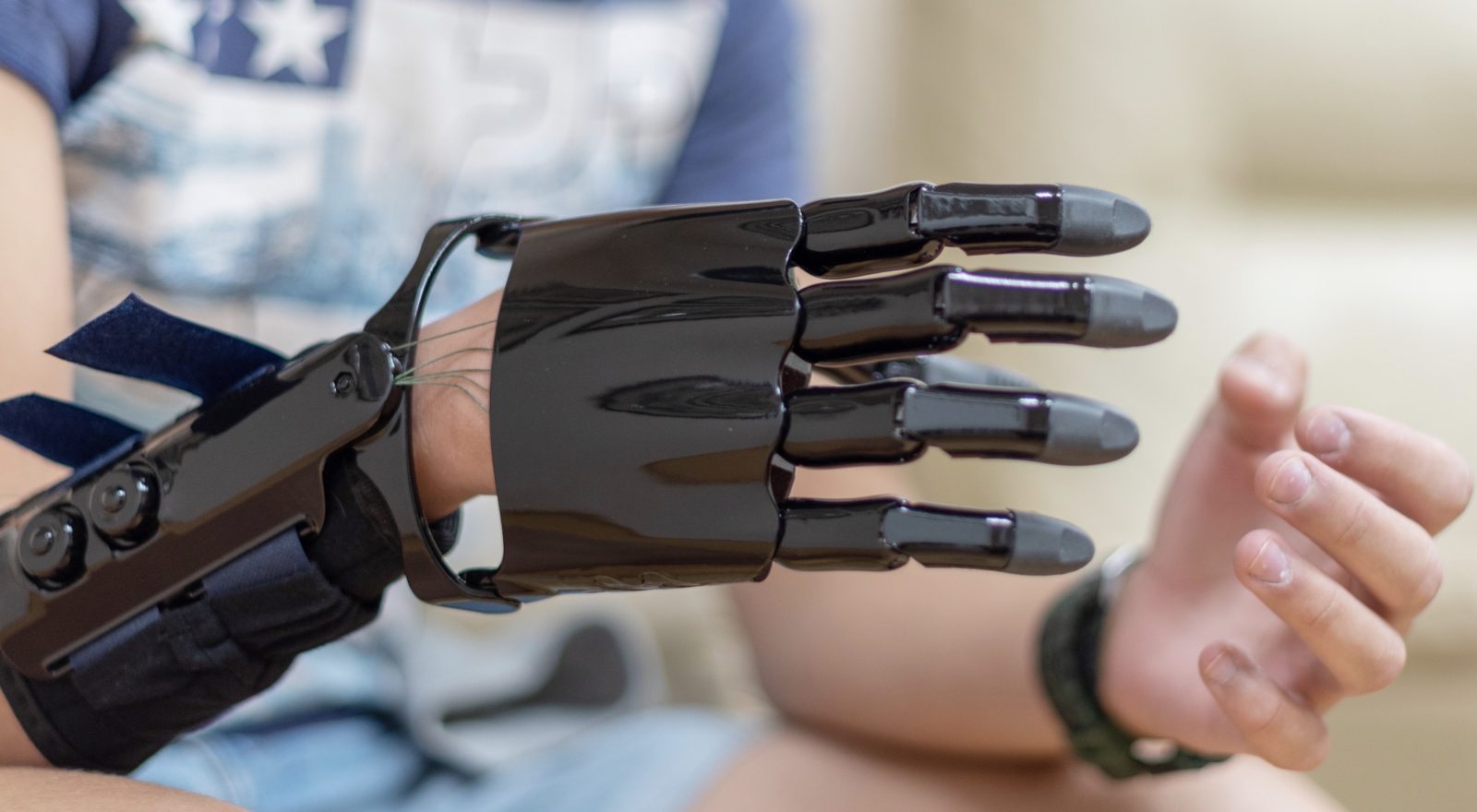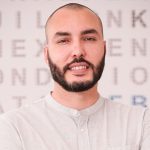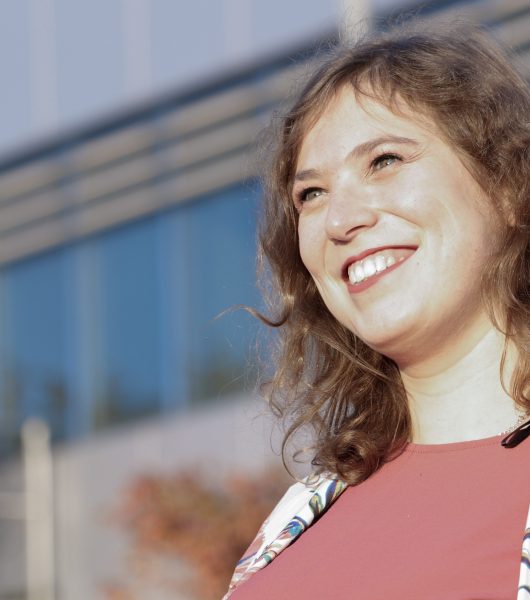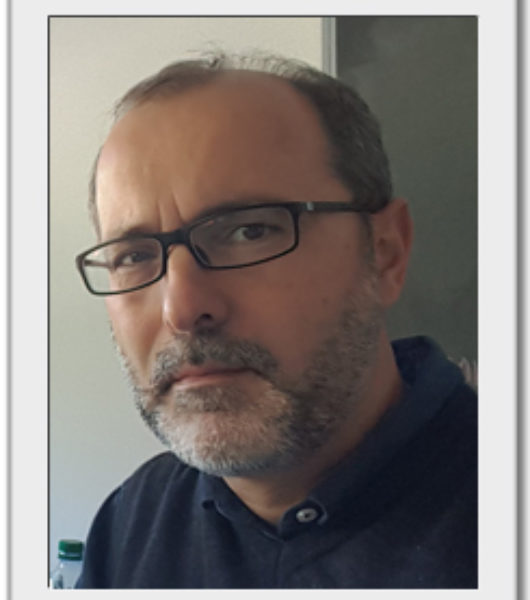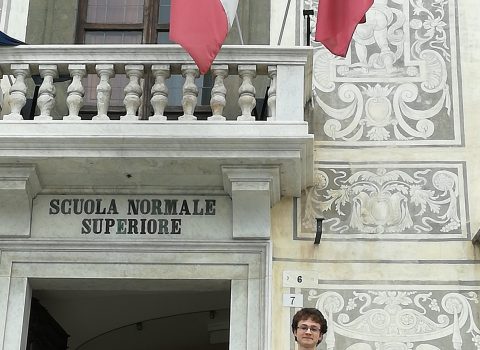Inci Temel, a researcher on the trail of touch
The challenges facing scientists early in their careers are many. Here, we meet a young PhD student who aims to restore the sense of touch to those who no longer have it
Inci is a 26-year-old student from Paris. She holds a BA in Biology and a Masters in Health Technology Engineering from the University of Montpellier. She has recently joined FBK with a “Marie Curie” scholarship, and, in the short time she has lived in Trento, she has been struck by the mountains and the calm of the city. And on this last point we cannot blame her since, contrary to what she is used to, here there are a couple of million fewer people and traffic has significantly dropped since the pandemic.
And does all this calm go well with your research work?
Actually, since this is my first year as a PhD student I and still have a lot of things to study, I can say yes, big time. Also, often working from home due to the pandemic, I have fewer distractions and I can stay more focused. I miss social life for sure. On weekends, I can hang out with my new coworkers from FBK, but I miss talking over a coffee every day.
How did you end up at FBK?
I applied for a scholarship for a European project on a topic I was good at, just to give it a try. And, much to my surprise, two days before the lockdown, I learned I had been granted it!
What is the project is about?
It is called INTUITIVE and aims to discover how we can recreate the sense of touch through prostheses and, at the same time, to push improvements in the field of robotics and new technology developments. My role, in particular, is to develop a sensor capable of providing tactile sensations to those who no longer have them. I therefore work on the hardware part of the project, while other colleagues try to better understand how information travels between the limbs and the brain, and therefore how we can recreate the sense of touch.
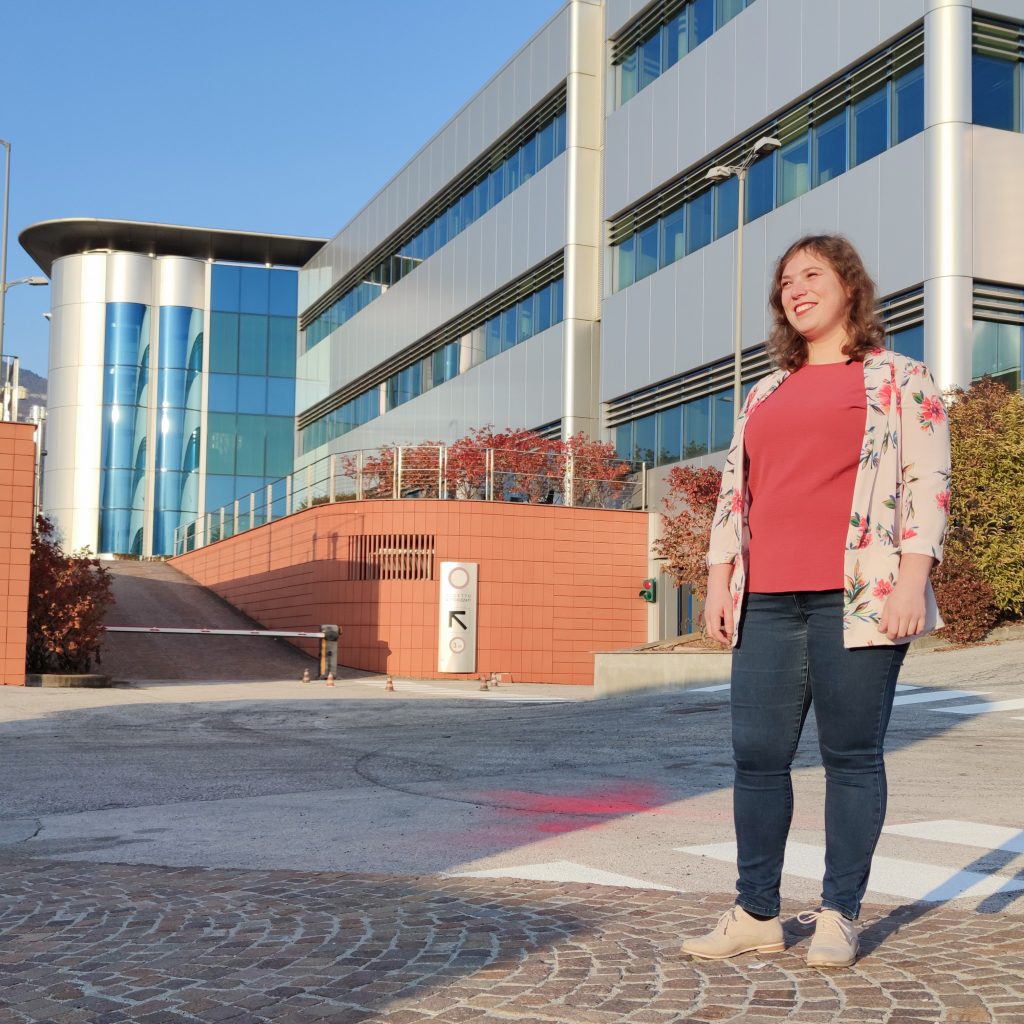
Is the sense of touch actually that important, isn’t the connection of the muscles enough to move an artificial limb?
Yes, that might be enough, but try to think about when your hand freezes and you can’t use it anymore. That sensation is not related to the muscle freezing, but to the inability to feel it. This is therefore a major limitation of today’s prosthetics. Clearly it is a big step forward to have them and to be able to use them, but to be able to also restore sensation to those who have lost a limb would mean to bring their quality of life to a whole new level.
What is the state of the art in this research field?
It is a frontier area and, thus, it is very difficult to find the right path because the field is really open and the possibilities of choosing which path to take are many.
You studied biology and engineering, aren’t they two separate worlds?
Indeed, most of the time engineers do not understand biologists and vice versa. My goal was therefore to study both fields so as to bridge the two disciplines. Of course the down side is not being fully knowledgeable in either of them, but, on the up side, I don’t have to start reading books from scratch in either subjects. This way I have the basis for learning new things easily. In this regard, the project I am part of is a perfect example of how multiple disciplines need to coexist and how badly people with cross-discipline skills are needed to facilitate the achievement of objectives.
How was the transition from Paris to Trento?
I arrived here in August and I can already say that I love Trentino! I really like the mountains, nature, the possibility of taking long walks. In Paris, people are always in a hurry, having take-out meals all the time… here there are even people who grow the food they eat! There is really no such tradition in Paris, even less that of buying local products.
Has the advent of the coronavirus changed your way of life?
Yes, it has changed completely since the lockdown. I used to live with my parents in Paris and it was nice to have someone around at home, but of course there were also conflict situations. Now, I am here alone and with the fact that you work remotely a lot, I have to deal with the opposite problem. The upside is that I have the time to read a lot of useful things for my work, to concentrate better.
In essence, social life is missing.
Of course I always have meetings with my supervisor (Leandro Lorenzelli from the FBK Center for Materials and Microsystems Center, ed) and with project colleagues, but there is a little time to chat. I think this is something that won’t work in the long run, as even in my work many of the ideas come from casual, out of context conversations.
Do you see yourself as a researcher in the future too?
I actually take things as they come and have changed paths several times to date. What I see now is that I like this world, It might also be due to the enthusiasm when you start something new and because I have a lot to learn, but as a biologist I have realized that this domain needs new technology tools to be able to take a step forward and I believe I could help with this. I also like the idea of being able to help people in the health field.
And have you also figured out why you would like to continue with this path?
For me, research is the most interesting thing there can be: understanding how the world is made and how people are made. I have a lot of questions so I want to keep looking for the answers!
